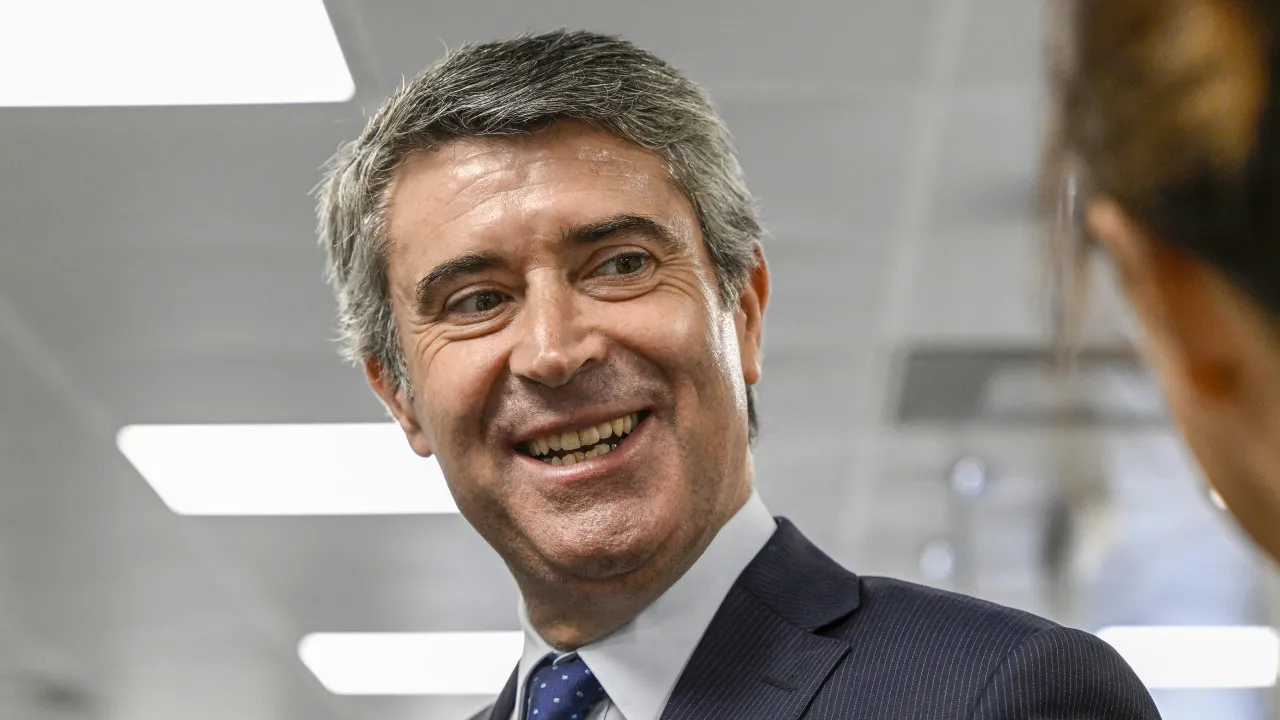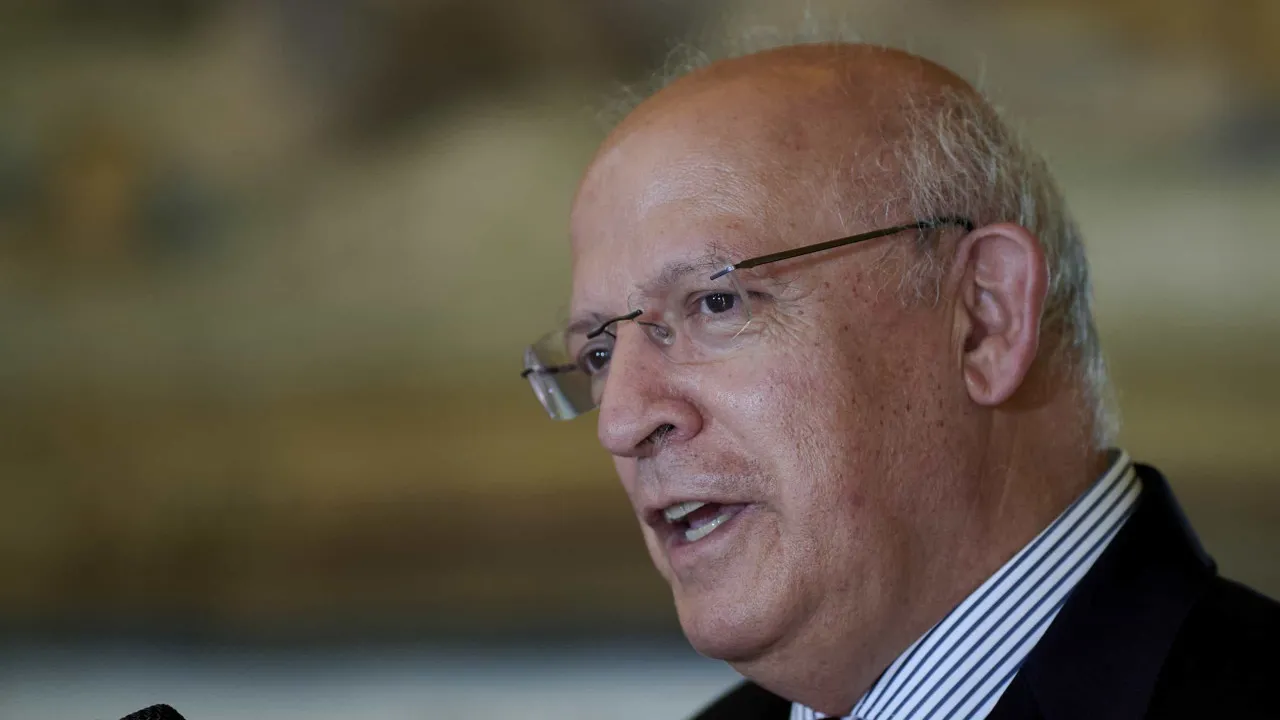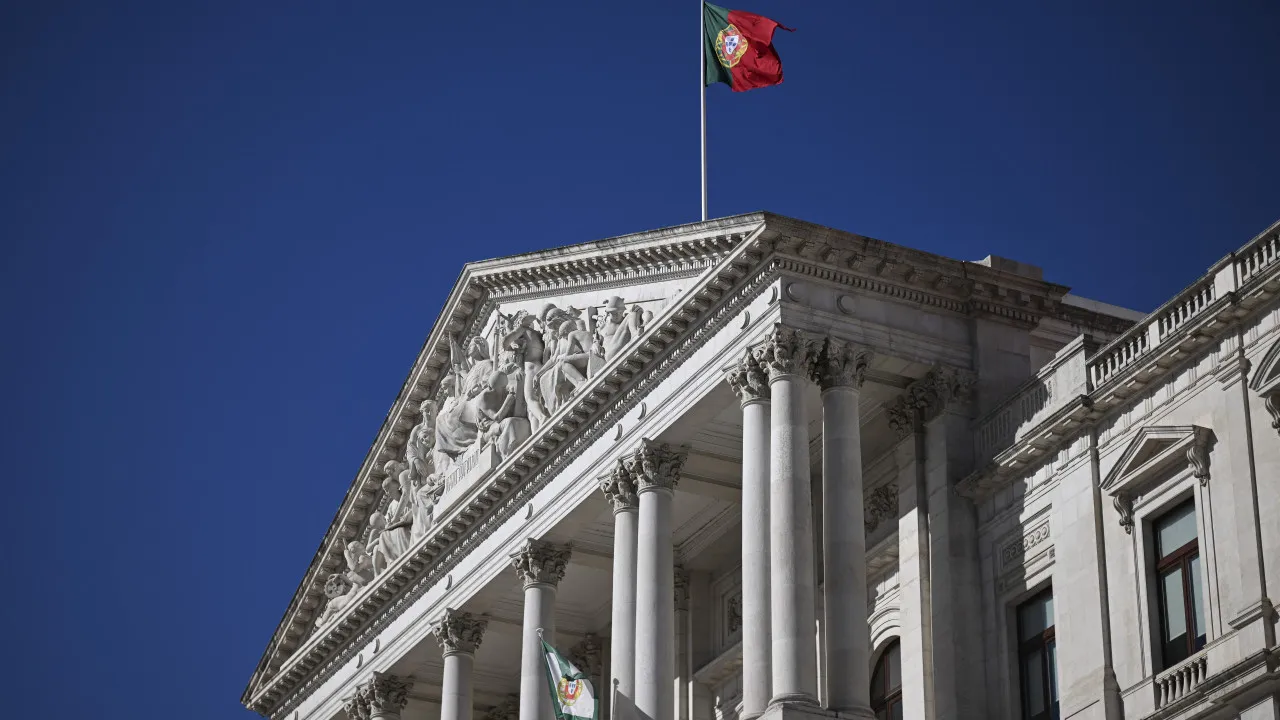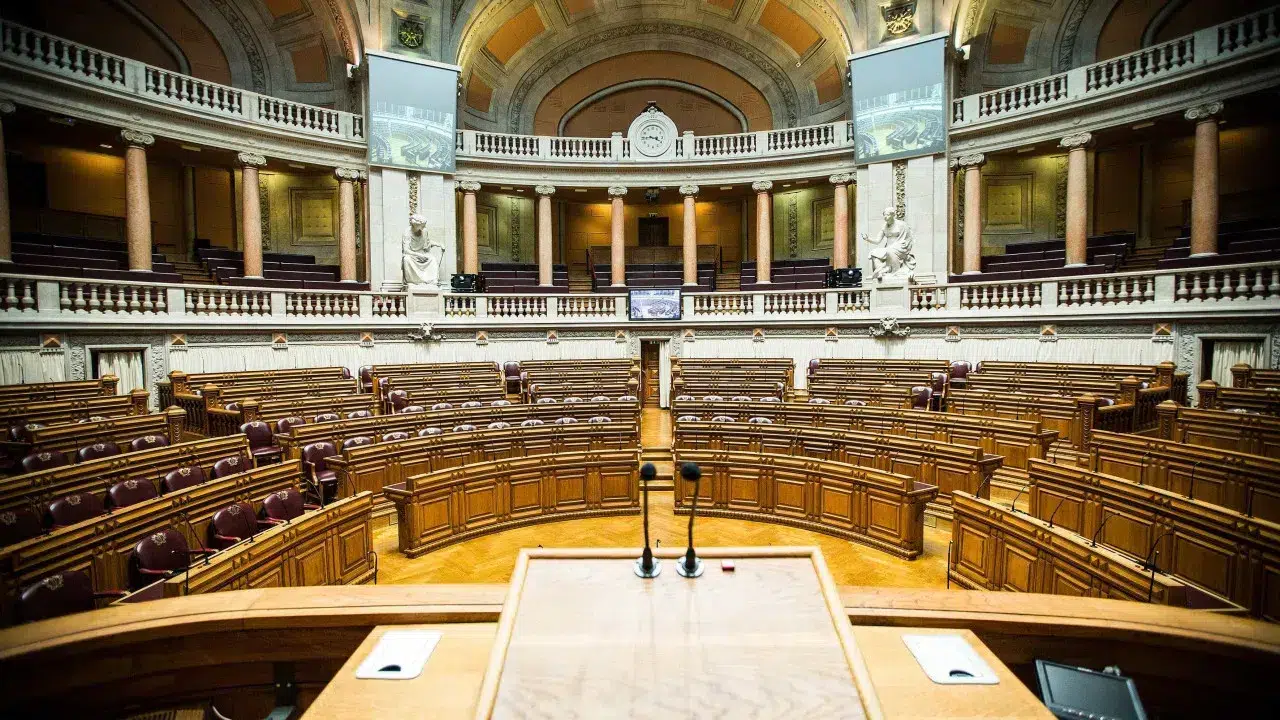The resigning president of the Government of Madeira (PSD/CDS-PP), Miguel Albuquerque, said today that Sunday’s elections created a “reality of difficult maintenance of stability” in government and stressed that Chega is now an “indispensable actor in the political framework”.
“This story of the ‘sanitary siege’ of Chega, which was established by the left, above all by the Socialist Party, served in a perfect way to guarantee the exponential growth of Chega,” he said.
Miguel Albuquerque, also leader of the PSD/Madeira party, was speaking on the sidelines of a visit to the construction site of a 44-room residential facility for the elderly in Funchal, promoted by the 4 de Setembro de 1862 Mutual Aid Association, under the Recovery and Resilience Program.
“Today Chega is the third largest political force in the country and, at the moment, it is an essential player in the political scene. We can’t ignore reality,” he said, then added: “The worst thing we can do is not be realistic when analyzing political movements and the changes that have taken place in Portuguese society.”
The Social Democrat, who resigned as president of the regional government following the case investigating suspected corruption in the archipelago, in which he was made a defendant, considered, however, that the leader of his party’s national structure should maintain the position he took before the elections in relation to Chega.
“What Luís Montenegro said was that there were no agreements with Chega. He’s going to keep his word. And if he said that, he’d better stick to it,” he said.
The outgoing head of the Madeiran executive argued that the PSD, as the party that won the most votes in the national legislative elections, should present a government solution to the President of the Republic, Marcelo Rebelo de Sousa, but warned that “stability doesn’t just depend on Luís Montenegro”.
“It will depend on a number of partners and the dialogue that can be established with the other political parties,” he said, stressing that “the result of the elections is a reality that will make it difficult to maintain stability.”
Miguel Albuquerque also warned that the national situation is one of “great instability” in some sectors of society, such as teachers and the security forces.
“This stability must be guaranteed. Not only parliamentary stability, but also stability with certain sectors of society that are waiting for dialogue to take place and for there to be peace in Portuguese society,” he said.
The Democratic Alliance (AD), which brings together the PSD, CDS-PP and PPM, won a tangential victory, with 29.5% and 79 deputies, two more than the PS, in Sunday’s legislative elections, in which Chega quadrupled the number of deputies compared to 2022.
The far-right party went from 12 to 48 MPs and, with more than a million votes, its president, André Ventura, spoke of a “historic result” and insisted on being part of a government solution, which was once again rejected by the PSD leader.
Luís Montenegro has already said that he expects to be appointed prime minister and, without going into details, reiterated that he will not enter into agreements with Chega, without excluding this party from dialogue with all political forces in order to implement its program.
IL, with eight seats, BE, with five, and PAN, with one, kept their number of deputies. Livre went from one to four, while the CDU (PCP/PEV) lost two seats and was left with four.
The four MPs for emigration have yet to be determined, and this will happen on March 20. Only then, and after hearing the parties with parliamentary representation, will the President of the Republic appoint the new Prime Minister.
In Madeira, the PSD/CDS-PP coalition won the national legislative elections with a total of 52,992 votes (35.38%) and retained three members of parliament.
The PS came second (19.84%, 29,723 votes) and lost one of its three representatives in São Bento. Chega was the third most voted political force in the region (17.56%, 26,296 votes) and elected a deputy.
PCP warns PR that it will use “all means” to fight right-wingers
Chega abstains in the vote on the Azores Government Program and supports its approval






